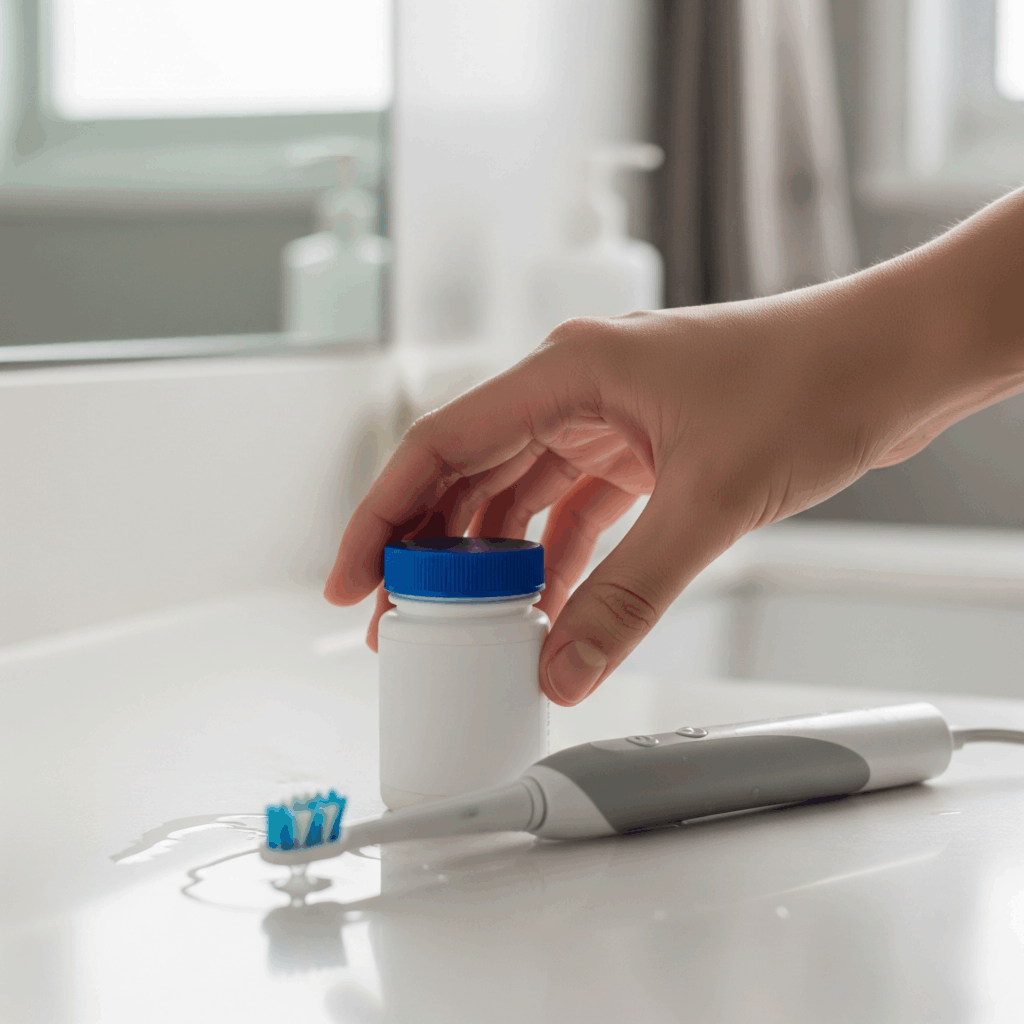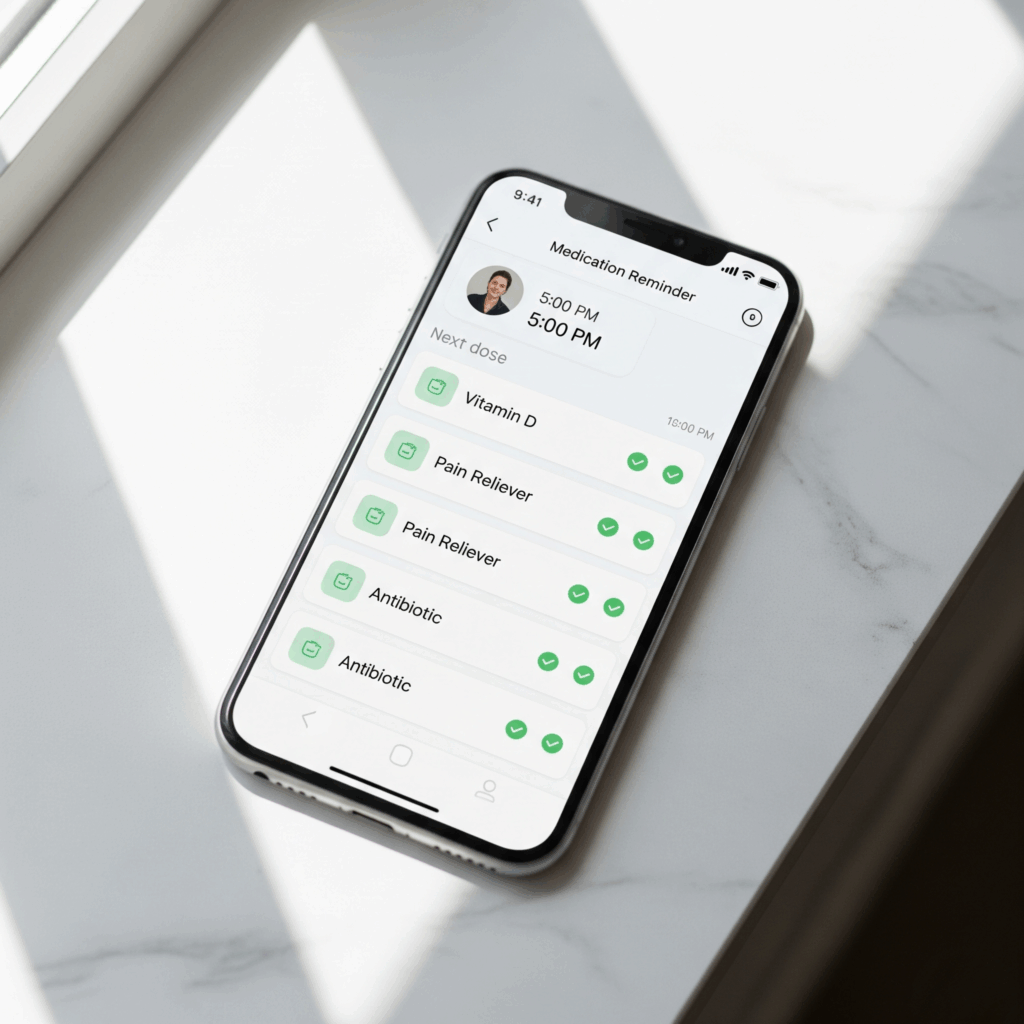A Guide to a Healthier Day
Taking your medication at the right time is more than just a routine; it’s a critical part of managing your health. But life gets busy, and remembering doses can be a real challenge. Whether you’re juggling multiple prescriptions, managing a chronic condition, or simply trying to stay on track, building your day around your medication schedule can seem daunting.
The key is not to let your medications dictate your life, but to integrate them seamlessly into your daily rhythm. The latest research in behavioral science and health management offers some powerful strategies to help you do just that.
Understanding the ‘Why’ Behind the ‘When’
First, it’s important to understand why timing matters. Medications are designed to work most effectively at specific intervals. Factors like your body’s metabolism, digestion, and even your sleep-wake cycle (circadian rhythm) can all affect how a drug is absorbed and utilized. Taking a medication with food, for example, can prevent an upset stomach or improve absorption, while taking another on an empty stomach might be necessary for it to work. Knowing the purpose behind your prescribed timing is the first step to successful management.

Building Your Routine: Simple Strategies for Success
- Pairing with Habits: A classic strategy from behavioral psychology is habit stacking. Connect taking your medication with an existing, non-negotiable part of your daily routine. Do you always brush your teeth in the morning? Place your morning pill bottle next to your toothbrush. Do you have a cup of coffee every afternoon? Use that moment as a cue. This turns a forgotten task into a natural, integrated step.
- Visual Reminders: Don’t underestimate the power of seeing your schedule. Use a pill organizer—the kind with days of the week—to lay out your doses. This isn’t just a reminder; it’s a visual confirmation that you’ve taken your medication, which is especially helpful for people who take multiple doses per day or have memory issues.
- Technology as a Tool: Your smartphone is your best friend here. Set multiple alarms with custom labels like “Morning dose” or “Evening pill.” Apps like Medisafe or MyMeds can do even more, sending reminders and tracking your history. They can even send alerts to a family member or caregiver if you miss a dose.
- Making It Accessible: Keep your medications in a consistent, easily accessible location. Avoid putting them away in a drawer where they can be forgotten. For daily pills, a kitchen counter or nightstand can be the perfect spot. Just make sure they are out of reach of children and pets.

The Power of Consistency
Consistency is crucial. Our brains love routine. When you consistently take your medication at the same time each day, it becomes an automatic habit, like tying your shoes. This reduces the mental effort required to remember, freeing up your cognitive energy for other tasks.
It’s also about making your life easier. By planning your day—even your meals—around your medication, you reduce the stress of having to remember at the last minute. For example, if your medication needs to be taken with food, plan your meal times to align with your doses.

Remember, managing your medication is a partnership between you and your healthcare provider. If you’re struggling, talk to your doctor or pharmacist. They can offer advice, adjust timings if possible, or suggest alternative strategies to help you stay on track.
By being proactive and using these simple, evidence-based strategies, you can transform a daily chore into a seamless part of your life, ensuring you stay healthy and feel your best.
Reference
https://www.sps.nhs.uk/articles/defining-and-understanding-medication-adherence
https://www.cdc.gov/chronic-disease/living-with/index.html
https://www.sbm.org/about/behavioral-medicine
https://www.wired.com/story/how-to-set-medication-reminders-on-phones

Leave a Reply